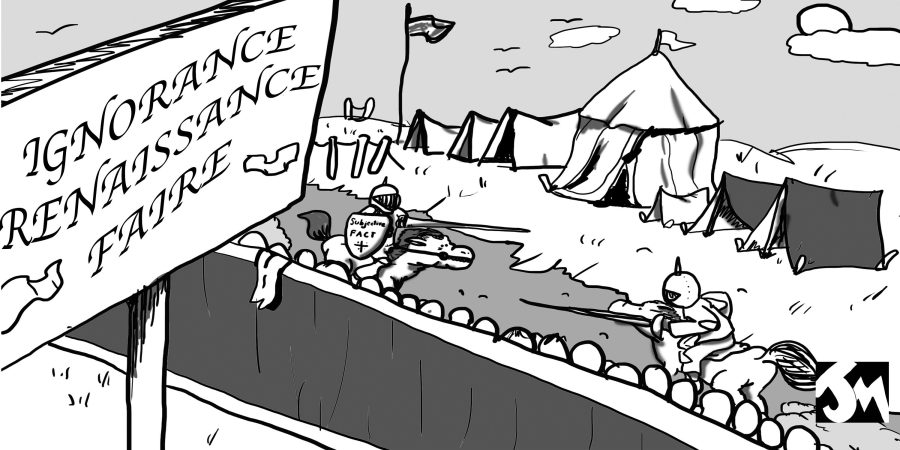It is early in the semester and finals are the last thing on most students’ minds. The stress from finals will not truly set in on campus until the last few days before exams.
This year, the addition of the Wellness Center and the implementation of extended library hours on campus are part of an effort to relieve some of this academic stress. However, these new school initiatives and programs to reduce stress for students around finals are only part of the solution.
Students also have the responsibility to make finals less stressful for themselves by staying on top of their grades during the semester and not relying entirely on finals to make or break a borderline grade. Those who are attentive to their grades all semester long by doing their homework, turning in their assignments, showing up for class and studying for tests and quizzes have established a strong foundation, and will be more prepared for exams at the end of the semester.
“I like to stay on top of my work throughout the semester so that during finals I don’t have to worry too much about how the final exam affects my grade,” junior Tanli Su said.
Students who are diligent about their studies all semester long are more likely to understand the material better, which in turn lessens academic stress.
The students who learn the material over the semester will not only understand the material better, but will also remember it for longer. A study published in the U.S. National Library of Medicine National Health proved that “learning over time enhances memory and information that is spaced over time is better remembered than the same amount of information massed together.”
In contrast, students who slack off on assignments, skip class and do not study for small quizzes are often far more stressed about final exams because they do not understand the material on the test. This leads to cramming the night before a test, leading to heightened levels of stress.
“At the end of finals, I usually work a lot harder than I do at the beginning of the semester, because I can usually get my grades up at the end,” sophomore Henry Saul said. “It was my fault and I could have worked harder earlier and I was stressed because my grades were borderline.”
Additionally, students who depend on a good grade on the final exam to bring up their overall average from the rest of the semester are likely to experience more anxiety and pressure to do well. Studies show that these factors can lead to lower scores.
According to Nicky Hayes, editor of Foundations of Psychology, high stress levels trigger the sympathetic division of the autonomic nervous and endocrine systems. This response to stress leads to symptoms including anxiety, fatigue, an inability to concentrate, a lack of sleep, a shift in eating habits and a weakened immune system. These factors can affect a students’ ability to perform well when their grade most depends on it.
Some students choose to set aside studying in favor of using Rogerhub, a website dedicated to calculating what a student needs to get on a final exam to earn a specific overall grade in a class. Students exert more mental energy on figuring out the minimum grade they need on an exam rather than just studying for the exam.
Staying on top of your work throughout the semester significantly reduces stress but does not eliminate it completely. Even students who work hard during the semester sometimes struggle with grades and still end up in the situation where they are depending on the final to bring up their grade, causing them stress.
There are also students who have high grades in their classes and are not worried about their final exam scores, but still feel pressure and stress around exam time, because that is just the nature and atmosphere of finals week.
Nevertheless, if students put in the work now, their stress stemming from finals will be greatly reduced at the end of May.
The responsibility of managing this stress lies within students. Working hard throughout the academic year builds a strong foundation of knowledge, and reduces the need for the final exam to determine the overall grade. At the end of the year, when finals come around, students tend to regret not putting in the work, but never regret the work they have done.

